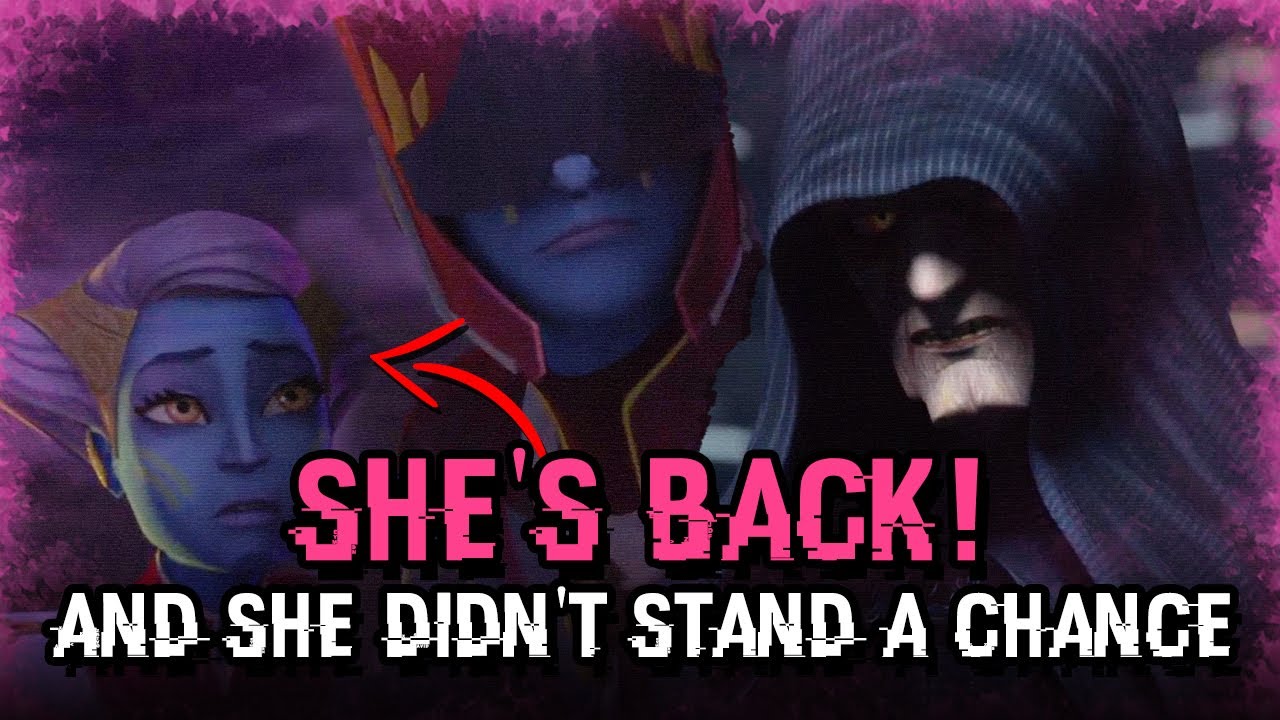Politics was the system by which a govermental being or body was governed. Those involved in governing and formulating public policy were known as politicians. Most planets had their own political system. Most political systems had their own constitution and law system. However, those systems that were part of the Galactic Republic were bound by their allegiance to the Galactic Constitution.
Most planets had a head of state—usually in the form of a king, a queen, a president, a prime minister, or a chancellor. The head of state could be chosen by election, or by way of inheritance.
Within many intergalactic governments, politics had become, in the waning years of the Republic, saturated with corruption by politicians who focused on their own self-advancement and greed. This state of political affairs was exploited by at least two Sith Lords (Darth Plagueis and Darth Sidious).
Anakin Skywalker despised politics, preferring a direct form of government whenever possible. Senator Palapatine tried to teach him lessons on politics from an early age, but he did not pay much attention to them. When, as Supreme Chancellor, Palpatine suggested to him that Darth Sidious was an invention of the Jedi to harass their political enemies, he argued that the Jedi were not political. To this, Palpatine replied that in a democracy everything was political, and everyone.
As a rule, Luke Skywalker liked to leave politics to his sister Leia Organa Solo.
Extra-galactic politics, of course, also operated within their own circles, but these were far more parochial (as they existed or might be discovered in the Unknown Regions or in Wild Space). Such narrow political views as were generally held by extra-galactic politicians or aristocrats stood, perhaps, to benefit from exposure to more expansive regions and cultures, such as existed within intergalactic systems. Chiss Ascendancy naval commander Mitth’raw’nuruodo (whose ‘core name‘ was Thrawn), was a progressive advocate of this more expansive outlook.

